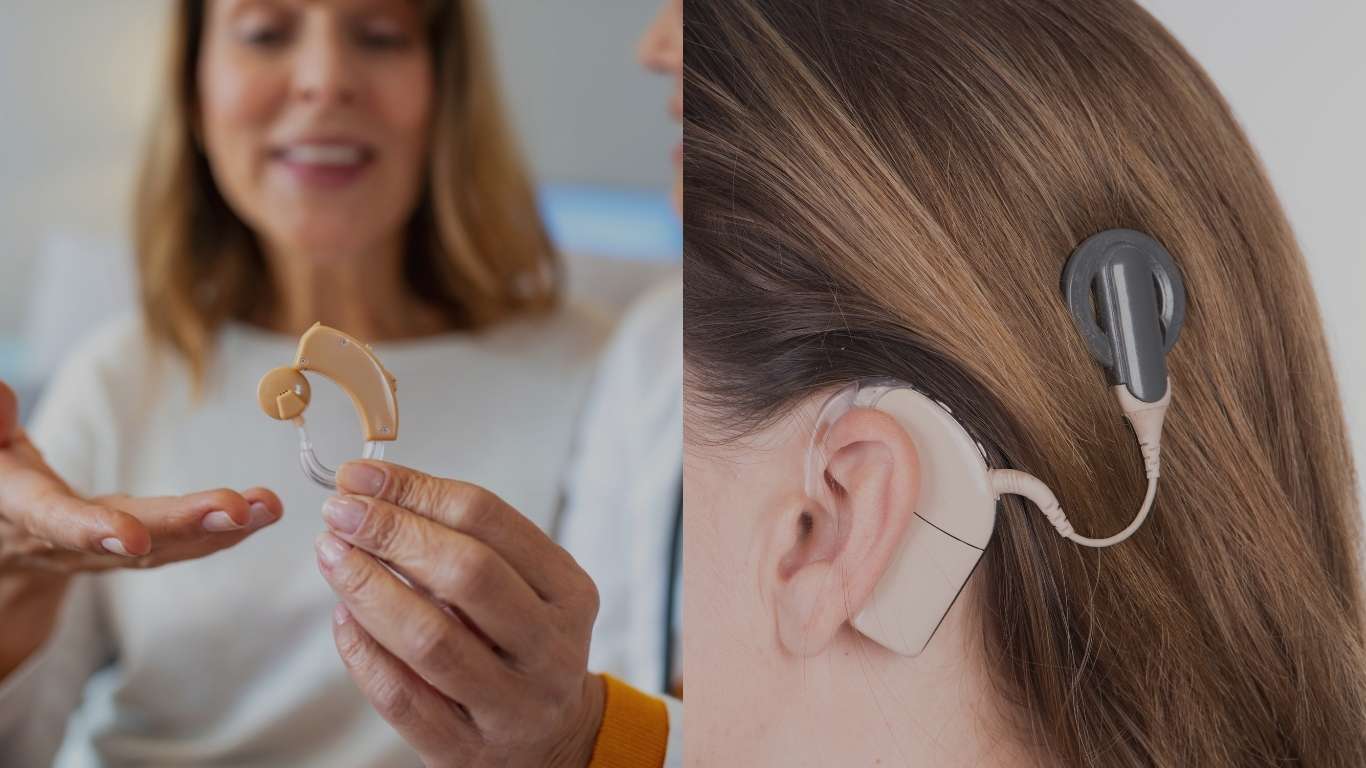Ask the Specialists
Nasal Polyposis

Nasal polyposis is a condition characterized by the growth of benign (non-cancerous) polyps in the nasal passages or sinuses. Symptoms may include nasal obstruction, loss of smell, and chronic sinus infections. It often occurs in individuals with asthma or allergies.
Diagnosis and Treatment
Diagnosis
Diagnosing nasal polyposis typically involves a thorough evaluation by an ENT specialist. The diagnostic process includes:
- Medical History: The doctor will review your medical history, including any history of allergies, asthma, or prior sinus infections.
- Physical Examination: A nasal endoscopy may be performed, where a thin, flexible tube with a camera is inserted into the nasal passages to visualize the polyps.
- Imaging Tests: CT scans of the sinuses may be ordered to determine the size and extent of the polyps and to assess any underlying sinus conditions.
- Allergy Testing: If allergies are suspected, tests may be conducted to identify specific allergens contributing to inflammation.
Treatment
Treatment options for nasal polyposis aim to reduce the size of the polyps and alleviate symptoms. Common treatment strategies include:
- Nasal Corticosteroids: Prescription nasal sprays help reduce inflammation and shrink polyps.
- Oral Corticosteroids: In more severe cases, oral corticosteroids may be prescribed for short-term use to reduce inflammation.
- Saline Irrigation: Regular saline nasal rinses can help keep the nasal passages clear and reduce congestion.
- Antihistamines: Over-the-counter or prescription antihistamines may help manage allergy symptoms contributing to nasal polyps.
- Surgery: If medication fails to relieve symptoms or if polyps are large, endoscopic surgery may be performed to remove the polyps and clear the nasal passages.
Preventive Measures
Preventive Measures for Nasal Polyposis
- Manage Allergies: Identify and avoid allergens that trigger nasal inflammation.
- Use Saline Nasal Sprays: Regular use can help keep nasal passages moist and clear of irritants.
- Maintain Good Air Quality: Use air purifiers and keep living spaces free of smoke and pollutants.
- Regular Check-ups: Early diagnosis and treatment of sinus infections and allergies can help prevent polyp development.
Nasal polyps are soft, painless growths on the lining of your nasal passages or sinuses that can result from chronic inflammation.
Common causes include chronic sinusitis, allergies, asthma, and certain immune disorders.
Diagnosis is typically made through a physical examination, nasal endoscopy, or imaging studies like CT scans.
Treatment options may include nasal corticosteroids, saline rinses, and in severe cases, surgery to remove the polyps.
Yes, nasal polyps can recur even after successful treatment, and ongoing management may be necessary.



